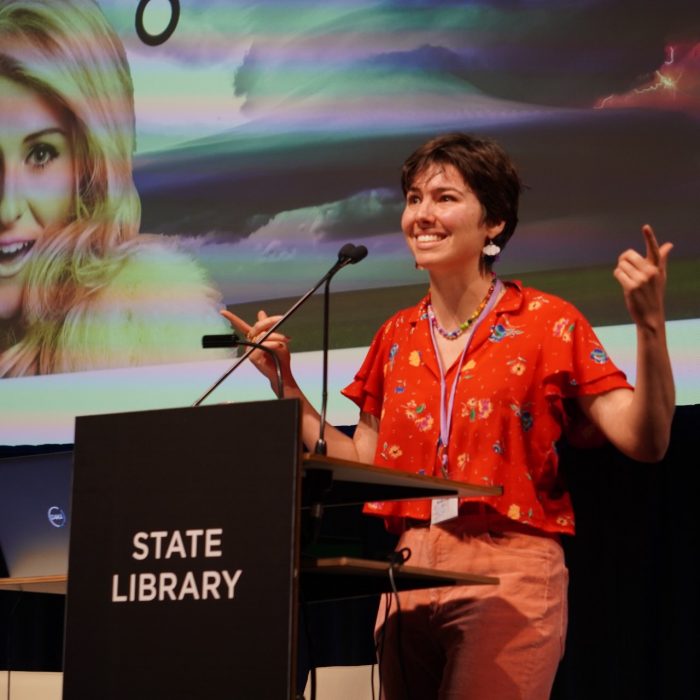Careers

The need for students who understand environmentally relevant physical sciences has never been greater with the demand for graduates of programs in this area worldwide. Most researchers at the CCRC quantitatively study processes in the atmosphere, ocean, land surface or how they work together. There is a wide range of career opportunities available for graduates in these areas.

Research
In a research career, you could expect to work within the CSIRO, the Bureau of Meteorology, universities or government agencies internationally. Work could include the development and maintenance of ocean, atmosphere and climate models or use of these to understand and predict our future climate or tomorrow's weather.

Operations
A more hands-on career could focus on the operational aspects of climate and environmental dynamics. Here, you might be involved in the collection of data and the interpretation of the variability of a system. This information could then be used to advise government agencies on environmental management issues. Agencies interested in these skills include Sydney Water, the NSW Office of Environment and Heritage, CSIRO and the Australian Bureau of Meteorology.
.cropimg.width=335.crop=basic.jpg)
Management
There is the decision-making or managerial path. Fisheries or oil companies require personnel trained in these areas to liaise with scientists to develop policies that require an understanding of the complex issues that surround the long-term preservation of our environment. Insurance companies need scientifically literate graduates in this area to assess the relative risks of weather related events.
To date, 100% of CCRC PhD graduates have secured full time employment shortly after graduating, if not before.
What to study
These fields are deeply founded in “STEM”, that is “Science, Technology, Engineering and Mathematics”. If you want a career in any of these areas, here are some tips.
Starting at school, there is simply no substitute for maths and physics. You should also study subjects like earth and environmental science, computing, chemistry and biology.
For a career in this area, you'll need to go to university and complete a relevant degree. Your degree should be rich in the following areas:



Transferable skills
If you study many areas of science, you may have enough of these skills – a chemistry degree, for example, or an engineering degree may be transferable. Some universities offer environmental science, which has suitable foundations and a good focus on quantitative skills. Many universities offer courses, majors or degrees in meteorology, climate science and more, building on good foundations in maths and physics. Specialised degrees in hydrology can contain all the necessary skills. It is not uncommon to be able to complete some degrees and skip second year maths and physics. That short cut is not normally good in the long term, but there can be options that lead to fantastic outcomes. Note - admission to the Bureau of Meteorology’s graduate meteorologist program normally requires both 2nd year undergraduate maths and physics.
Variations
If you want to work on some specific areas, for example areas around carbon cycling, studying biology and chemistry can be more important. If you want to build climate models or weather forecast models, then computer science can be valuable. There are always special areas that can prove hugely important including statistics.
Most, but not all, people working in the weather and climate sciences have honours or masters degrees. These tend to be desired by employers from the Australian Antarctic Division, the Bureau of Meteorology, state and federal governments and environmental consultancies. If you want to do research in these areas, you'll likely want to complete a PhD, but that comes much later.
Who to contact
Finally, seek advice. There is no substitute for contacting a researcher in an area you're interested in and asking what they think. You can seek advice from us by contacting Andrea Taschetto.



